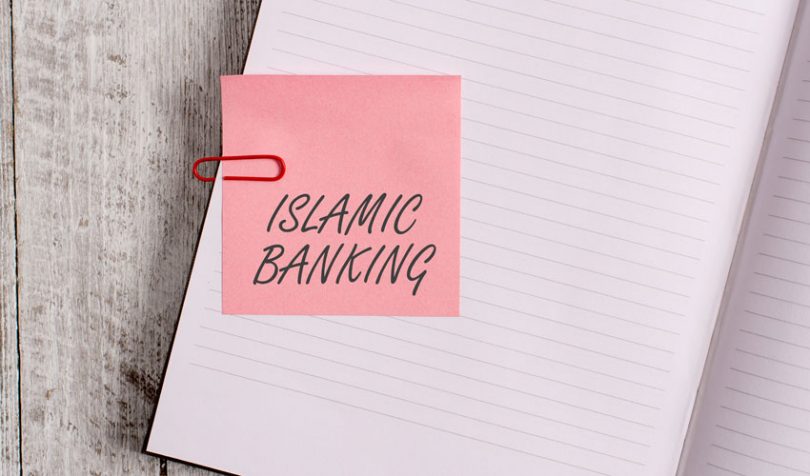Today enterprise blockchain company R3 announced that Dubai fintech startup Wethaq has signed a strategic partnership. Wethaq is targeting Islamic Capital Markets, starting with Sukuks. Earlier this year S&P ratings estimated the 2019 issuance of Sukuks would be $115 billion, the same as 2018.
Blockchain has seen significant activity in asset-backed securities, which goes to the heart of Sukuks. As R3’s CEO David Rutter put it: “Blockchain is driving an unprecedented period of innovation across capital markets, with more assets moving towards complete digitisation.”
Sharia law prohibits charging interest. As a result, some Sukuks are similar to bonds. However, instead of paying interest, Sukuks are sometimes issued at a discount and linked to an asset. So at maturity, there’s a capital gain.
Like bonds, Sukuks have somewhat manual issuing processes. Hence, based on R3’s Corda Enterprise platform, the Wethaq solution aims to digitize the issuance and provide the infrastructure for trading as well. The decentralized platform seeks to take on the roles of a registrar, CSD, trustee-delegate, paying agent, calculation agent and transfer agent.
While interest is prohibited under Sharia Law, rent is not. So one common form of Sukuk is known as a ‘ljara” and has some similarities to a sale and leaseback, as described in a recent whitepaper on Islamic finance published by R3 and Wethaq. The bond issuer receives money from investors and uses the proceeds to purchase an asset from a third party. The asset is leased with the bulk of the lease payments going to the investors. Often there’s a repurchase agreement so that at maturity the asset is returned and the proceeds go back to the investors.
“In building the next generation of financial market infrastructure for Sukuks we have found a valuable and trusted partner in R3 and its Corda Enterprise software,” said Mohammed Alsehli, CEO at Wethaq. “Our joint focus is on building world-class financial infrastructure in Saudi Arabia, in alignment with the Kingdom’s Vision 2030, and the UAE, pursuant to their ambitious fintech agenda, before we expand to the entire Middle East and South East Asia.”
Last year Abu Dhabi’s Al Hilal Bank executed a Sukuk transaction using blockchain.







